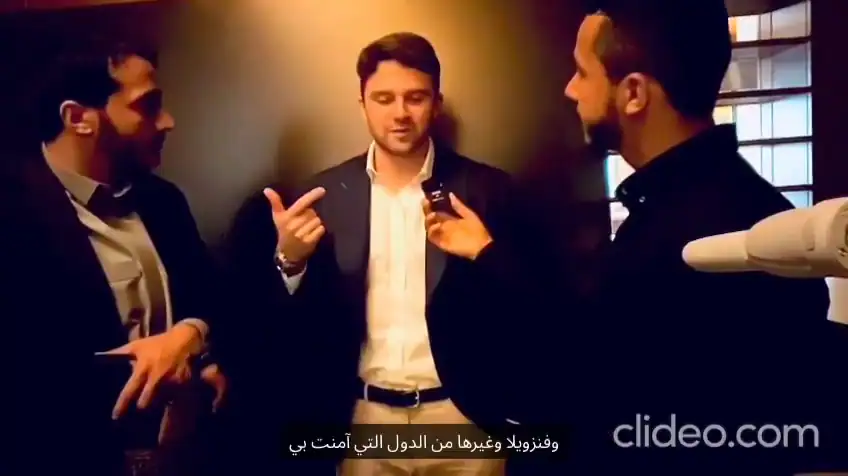
Former Palestinian Foreign Minister and chief negotiator Nabil Shaath said that in 2000, Saudi King Abdullah, then the Crown Prince, had given the Palestinians half a billion dollars and had collected another half a billion from the Arab League in order to keep the Intifada going. "That was the money that enabled us to survive in the three years of the Intifada," said Shaath in the ON TV interview, which aired on February 7.
Nabil Shaath: When [the second] Intifada broke out in Jerusalem, on September 28, 2000, after [Israeli MP Ariel] Sharon and his forces stormed the Al-Aqsa Mosque... Three or four days later - or a week at the most - I received a phone call from Saudi King Abdullah, may he rest in peace. At the time he was still Crown Prince, but he was the true ruler in Saudi Arabia. He said: "I sent my plane to Amman..." I was the Palestinian foreign minister at the time. I was the Palestinian foreign minister at the time. He said: "Go to Jordan and take the plane. I want you here tomorrow."
So I went to his palace. There was a group of princes there, and he asked them to leave. When we were alone, he asked me just one question: "How much do you want?" "How much of what?" I asked. "You are in the midst of an Intifada," he said. "It may last two or three years. They will freeze all your assets. How will you continue this Intifada? It takes money." So I named the largest figure I could think of: one billion dollars. I said that one billion dollars could keep us going for two or three years. "It's on me," he said. "It's on me," he said. He summoned the Arab summit two weeks later, in October. As soon as I got to the venue of the summit, in Cairo, he grabbed my hand and pulled me to an adjacent room. He said: "I will demand one billion dollars from the Arab League. They should all bear the responsibility. I will declare that I will pay half and will collect the other half. I will be responsible to collect the other half a million [sic] from the others." That's what he did. That was the money that enabled us to survive in the three years of the Intifada.
[…]













